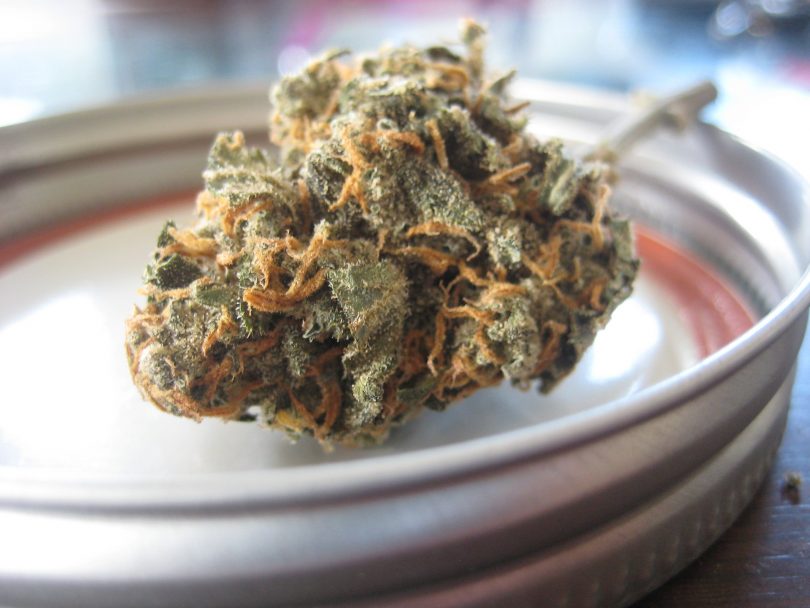It seems as though everyone and their dog is jumping on the CBD bandwagon these days, both in terms of consumption and manufacturing.
It makes sense: CBD’s myriad of health benefits is far-reaching. With every CBD study that’s conducted, more and more evidence solidifies its health and wellness effects on the mind and body.
While many consumers are increasingly becoming interested in its use to alleviate all sorts of ailments and issues, a growing number of manufacturers are being added to the list, both because of the opportunity to be part of something groundbreaking as well as to capitalize on a highly lucrative business.
Although there are plenty of trustworthy manufacturers out there who create and develop high-quality CBD products, there are plenty more that put out questionable products that may not only be potentially ineffective, but also unhealthy and even hazardous.
That’s why consumers are encouraged to scope out the manufacturers they plan to buy their CBD products from and do their due diligence with the products they purchase.
Today’s CBD market is filled with different options. CBD products come in different formats, including oils, edibles, creams, tinctures, capsules, and vapes. Since CBD’s massive gain in popularity over recent years, deciphering which products are of better quality is where things can get a little tricky without full transparency in the industry.
Unfortunately, with the rush of different CBD brands hitting the market, many CBD products are not as pure as their manufacturers allow consumers to assume. Many times, CBD products are comprised largely of synthetic materials or contain a high level of contaminants that get caught up in the extraction process.
Some products may even have far less CBD than advertised.
Things would be so much easier — both for consumers and manufacturers — if the CBD market was regulated by the US Food and Drug Administration (FDA), but as of right now, we’re still waiting for the FDA to regulate the market. Under FDA rules, it’s considered illegal for CBD to be added to foods and beverages because of how CBD is caught up in the marijuana gamut.
That said, the FDA is currently in the midst of holding hearings to determine ways that CBD-infused products can be marketed and sold.
Right now, the best way for consumers to verify the quality, purity, and potency of a product is to research products that have been thoroughly tested by third-party labs. Such reports should also be highly transparent and be readily available for consumers to access in order to make sure that what is inside the product is indeed what is being advertised.
Like any other consumer market, the CBD market would be better served with a high degree of transparency to help consumers make more informed decisions about the CBD products they’re buying and consuming. The more information made readily available, the better.
Until the industry is properly regulated, consumers should continue to demand transparency from manufacturers. Meanwhile, consumers do homework to determine which CBD products are of highest-quality to purchase.










